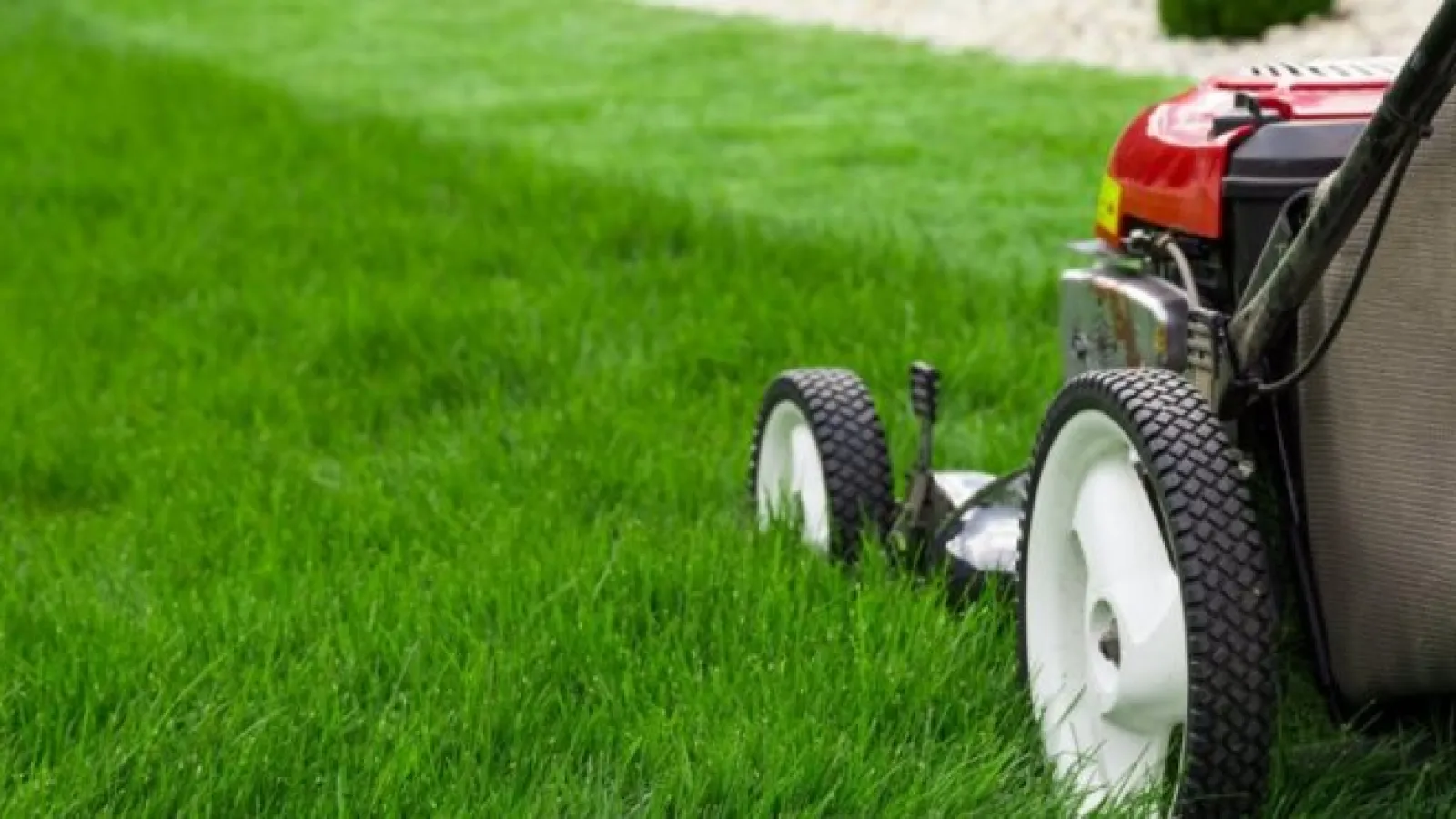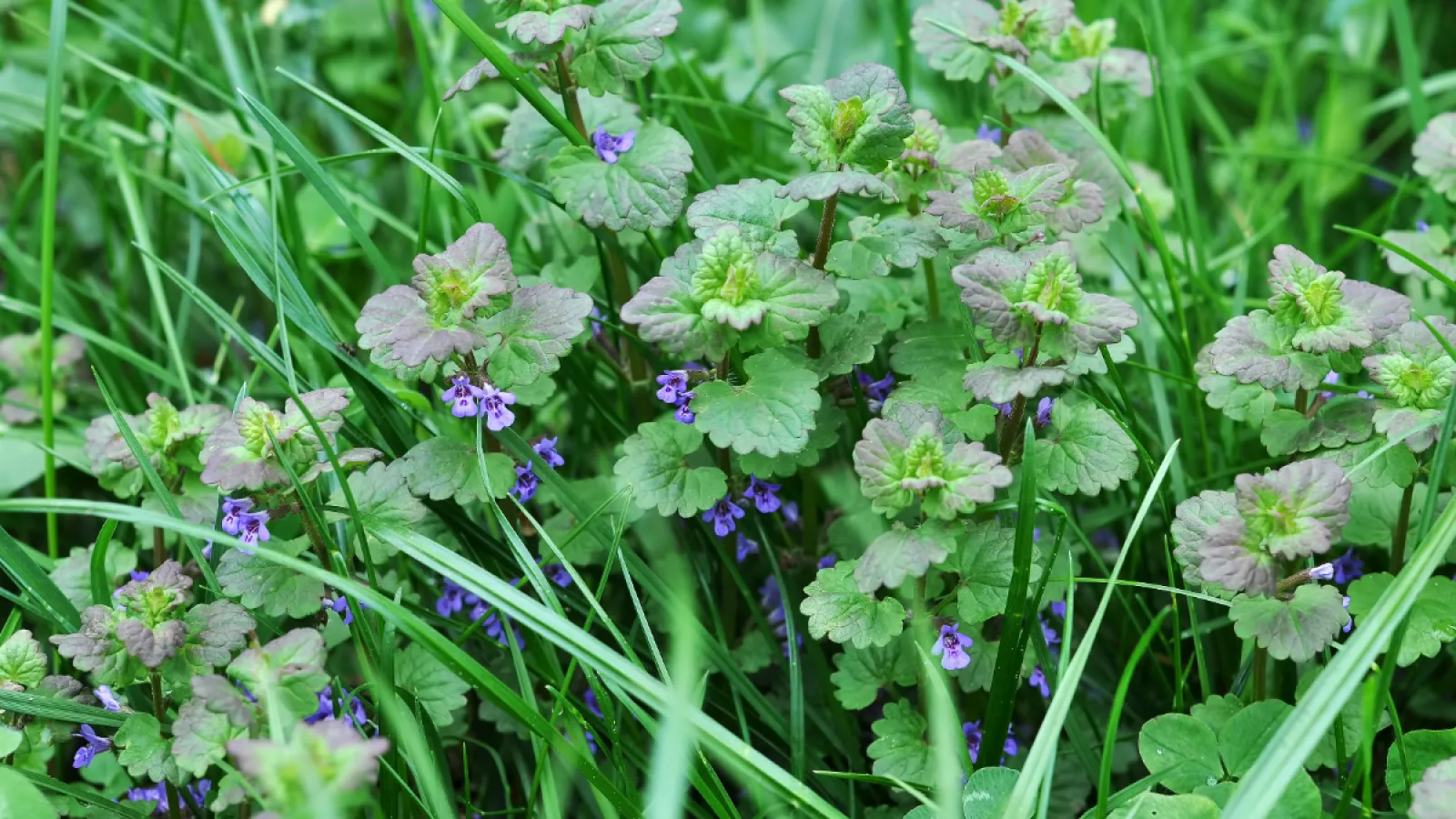
Want To Mow Less?
Do you enjoy spending hours each weekend—and maybe more often—mowing your grass? Or would you rather spend your time with your family, golfing or doing whatever makes you happy? If you are the later, keep reading to learn more about Growth Regulators and how you can reduce your mowing.
A Little Agronomy Lesson
Before we give you the specifics on how you can mow less, let’s discuss how grass grows. Grass, and many of types of plants, grow by cell elongation. Cell elongation is the process of the plant cells “stretching” to make new organs (leaves, roots, flowers). Gibberellic acid is naturally occurring in plants and promotes cell elongation and more specifically, stem elongation. When temperatures rise, more gibberellic acid is produced, aiding in vertical shoot growth. This is why warm-season grasses such as Bermuda and Zoysia are actively growing in warmer months.
Growth Regulators slow the production of gibberellic acid, and thereby slow the vertical growth of your grass. So, by slowing the growth of vertical shoots, your grass will grow slower and the frequency of mowing will decrease. But there’s more to it than that. With Growth Regulators, though vertical shoot growth is slowed, lateral and below-ground growth of rhizomes, stolons, tillers and roots is stimulated.
The Benefits
Growth Regulators encourage turf density by stimulating lateral and downward growth and offer more benefits than just reduced mowing.
Benefits of Growth Regulators:
- Mow less—you can go up to 2 weeks without mowing
- Less watering and improved water usage
- Thicker turf
- Greater weed suppression
- Better turf color
- Improved drought tolerance
- Greener grass into the fall
- Increased disease resistance
No Harm To Your Lawn
Don’t worry though. Growth Regulators do not harm your turf. They do not interfere with plant respiration, photosynthesis or other internal functions that could be damaging. They stimulate the lateral growth of rhizomes and stolons resulting in a thicker, denser turf.
Not Weed Control Herbicides
Also, Growth Regulators are not weed control herbicides and do not kill weeds; however, they can have the same slowed growing effect on some weeds as they do grasses. The improved weed control comes more from the development of a thicker turf more resistant to weeds.
Our Program
Our Growth Regulator Program consists of 5 treatments, spaced approximately 30 days apart, during the peak growing months.
All in all, Growth Regulators promote a denser, healthier turf—one that is more weed-resistant and better able to withstand a variety of stresses including heat, drought, disease and traffic. And did we mention you can mow less?!
For more information on Growth Regulators, or if you have general questions regarding your lawn, contact us. We’re here to help!





